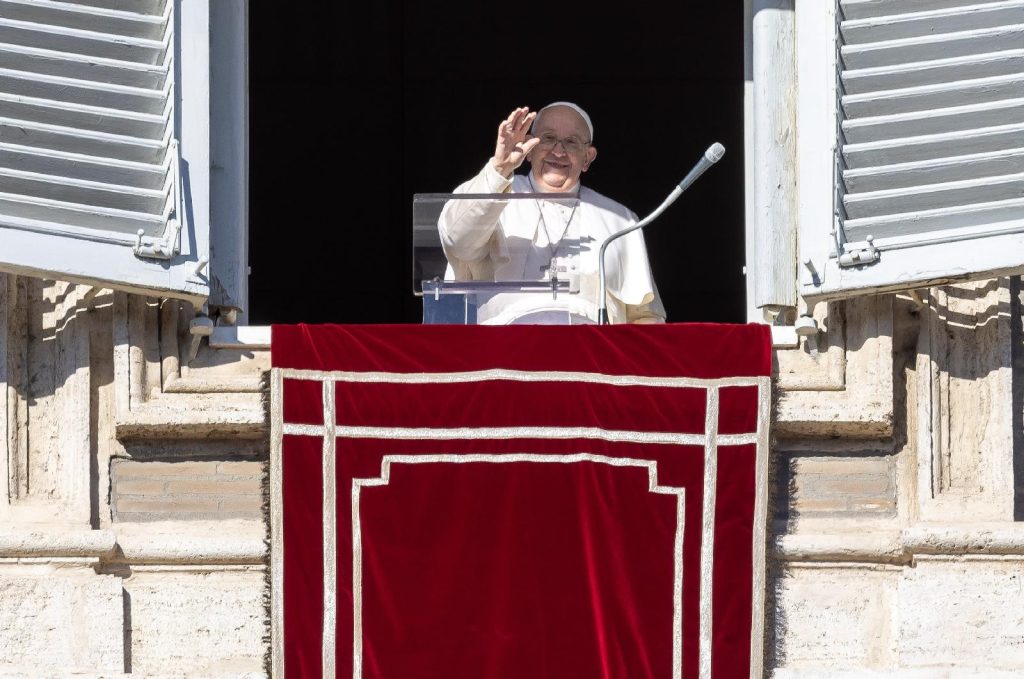VATICAN CITY — The synodal process does not stop at listening but should lead to incorporating what was discussed at the synodal assembly into the life of the Catholic Church, said one of the cardinals participating in the synod.
“Everything will depend on us returning to our dioceses and putting in practice what we are saying here, (about) what the church should be,” Cardinal Carlos Aguiar Retes of Mexico City said at a Vatican press briefing Oct. 23. “If we only stay at listening and don’t apply our responsibilities to our daily life, well, nothing happens.”
Speaking of his experience in Mexico City, Cardinal Aguiar said that since 2021, half of the 416 parishes in his archdiocese implemented parish assemblies for all members of the parish to speak together in a “methodology of consensus, of reciprocal listening, dialogue.”
“They told us bishops what they need to live their faith and transmit it to others,” he said.
By living synodality, “I am convinced that it is the way of the church,” he said. “If we do it, we will transmit the faith; if we don’t do it, we will turn into small groups of Catholics” as is happening in some places in the world, the cardinal added.
Synod participants entered the final week of the assembly Oct. 23, discussing a “Letter to the People of God” and the assembly’s synthesis document.
(Cardinal Robert W. McElroy, of the Diocese of San Diego, is one of the 365 participants of the synod assembly at the Vatican. The diocese is encouraging the use of the synodal process of listening and discerning together a path forward be used at all levels. The diocese held a second round of synodal dialogues in October, this time focused on the Eucharist.)
Discussing outcomes of the synod of synodality, Cardinal Christoph Schönborn of Vienna said that “if an increase in faith, hope and charity does not come out of this experience, everything is in vain.”
Right now, “communion is essential for the church” especially as it becomes increasingly based outside of Europe, he said, adding that synodality “is the way of living communion.”
The cardinal, a veteran of synods, said that this assembly’s methodology was the best by far since it helps members listen to one another.
He said he had told Jeffrey Sachs, the economist and public policy analyst, about the methodology used for this Synod of Bishops, marked by long bouts of silence, reflection and prayer.
“If only the U.N. Security Council used this method, maybe we would have a bit more peace in the world,” he recalled Sachs saying in response. There, Cardinal Schönborn said, each representative “has the directives of their government, each one says their position and then there is no exchange.”
Sister Samuela Maria Rigon, superior general of the Sisters of the Sorrowful Mother, said that listening is an essential aspect of the synod’s methodology that must also be applied outside the Vatican walls.
“Maybe we all need this, in families, in workplaces, in religious communities, in ecclesial assemblies,” she said. “In the synod, we have truly experienced this.”









